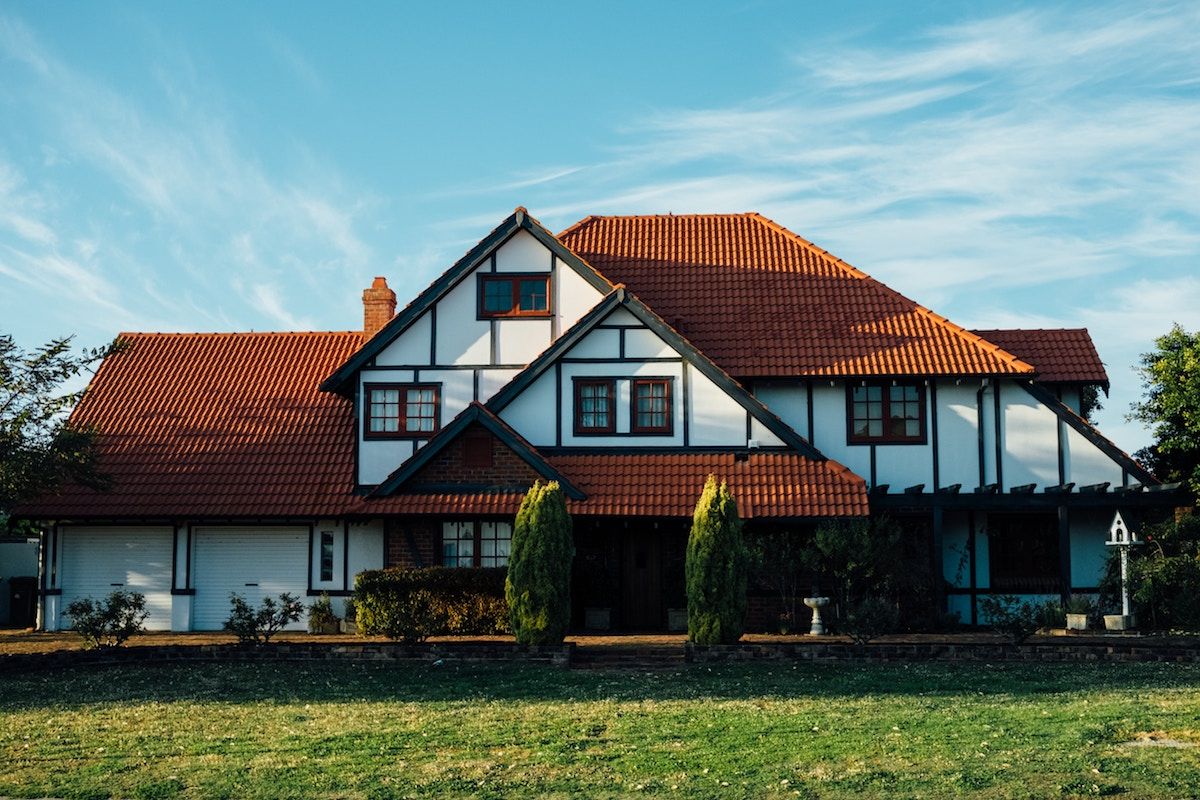The Impact of Home Ownership in Retirement: Two Important Things to Consider

If you’re one of the lucky ones, though – a retiree with substantial equity in your home – you’ve already got the next best thing to that money tree. The only question is, when and how should you cash in on it?
Retirement planning, in general, involves a very personal decision-making process. This is certainly true when you’re considering anything to do with your home. It is likely the biggest purchase you’ve ever made, it may represent an important goal you’ve accomplished, and it allows you to feel a sense of security in an ever-changing world. For all these reasons, it’s a complicated decision to transform all or part of this asset into retirement capital.
The biggest questions you need to answer are: Where do you plan to live in retirement? Do you want to stay in the home you own, living mortgage-free? Are you planning to downsize? Maybe you want to begin renting in order to avoid all the time and effort that comes with maintaining a home? Regardless of which direction you are leaning, here are two important things to consider:
You’ve Got Options
If you purchased your house many years ago, chances are good that it has seriously increased in value since that time. This is even true after recent declines in the housing market. When you consider the current market value of your home, you may find that selling could yield you a generous sum that you could invest elsewhere.
Many people are worried about paying taxes on the capital gains realized from selling their main home, but current tax law actually allows homeowners to sell their main homes and exclude gains of up to $250,000 for an individual or $500,000 for a couple. In general, to qualify for the Section 121 exclusion, you must meet both the ownership test and the use test. You're eligible for the exclusion if you have owned and used your home as your main home for a period aggregating at least two years out of the five years prior to its date of sale. You can meet the ownership and use tests during different 2-year periods. However, you must meet both tests during the 5-year period ending on the date of the sale. Generally, you're not eligible for the exclusion if you excluded the gain from the sale of another home during the two-year period prior to the sale of your home.
So, one smart option could be to sell, downsize and invest the remainder in a way that will generate income – possibly even enough to cover your new mortgage payment into perpetuity.